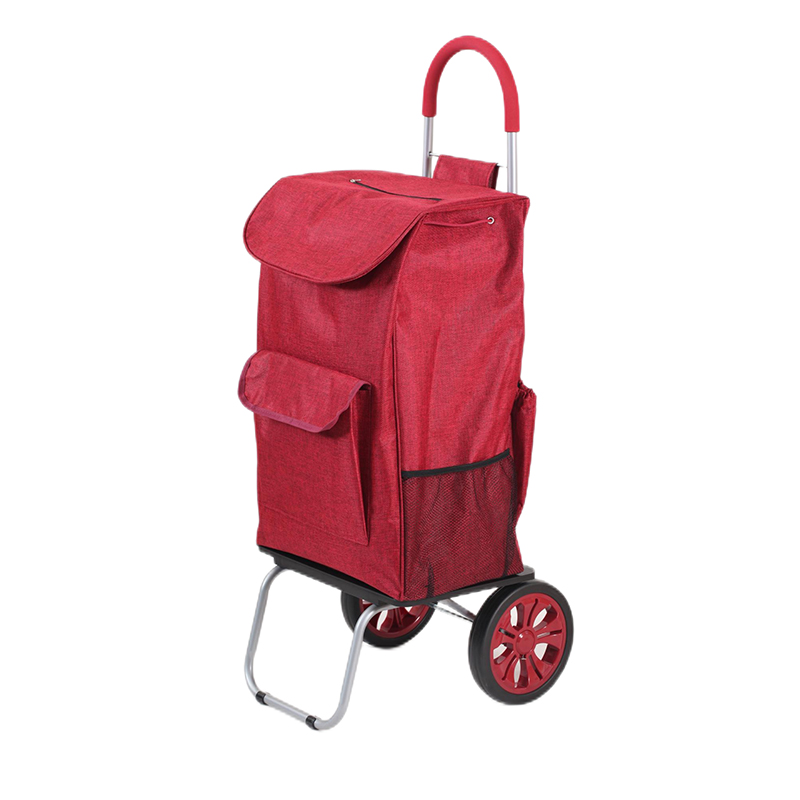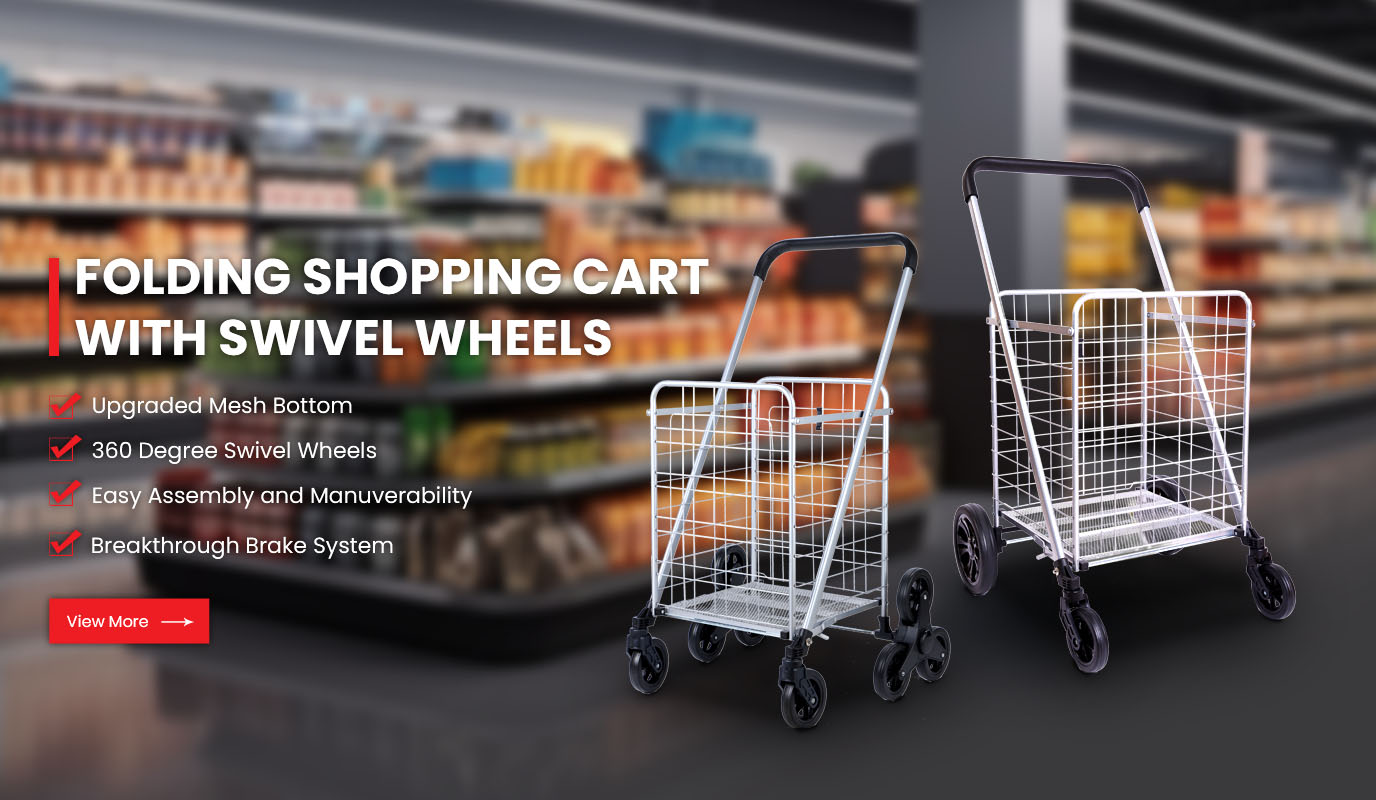How To Reduce Compliance Risks Through Scan Certified Factories When Transferring Orders From Vietnam To China?
Tariff war and supply chain reconstruction: Dilemma and breakthrough of order transfer in Vietnam
The Sino-US tariff war continues to escalate, and the tariff rate imposed by the United States on China is as high as 25%, forcing companies to transfer production capacity to Southeast Asian countries such as Vietnam. However, the bottlenecks of Vietnam's manufacturing industry are gradually exposed:
Insufficient production capacity: The price of industrial land in Vietnam has risen by 120% in 3 years, the labor cost has increased by 8% annually, and the factory vacancy rate in Ho Chi Minh City will be less than 2% in 2023.
Compliance risk: The social responsibility violation rate of Vietnamese factories is as high as 35%, involving child labor, overtime and other issues, resulting in a surge in the return rate of European and American orders.
Against this background, Chinese manufacturers have regained their competitiveness through the "Vietnam order + China production" model.
SCAN certification: the core tool to crack the compliance barriers in Europe and the United States
The SCAN (Supplier Compliance Audit Network) certification was initiated by North American retail giants such as Walmart and Costco, and is the gold standard for supply chain security and compliance. The core audit contents include:
Anti-terrorism security: Factories need to install monitoring systems and cargo tracking mechanisms to prevent terrorists from exploiting loopholes in the supply chain.
Labor rights: Prohibit forced labor, ensure minimum wages, and monthly working hours shall not exceed 60 hours.
Environmental protection: Wastewater treatment and waste recycling must comply with ISO 14001 standards.
Companies that pass SCAN certification can significantly reduce compliance risks:
Improved customs clearance rate: The inspection rate of US Customs for SCAN certified suppliers has been reduced by 70%, and the average customs clearance time has been shortened to 3 days.
Entry threshold for major customers: Walmart requires core suppliers to pass SCAN certification, otherwise they will be removed from the list of qualified suppliers.

Practical case: Compliance breakthrough of foldable shopping bag carts
Supply chain dual-track system:
Orders from Vietnam: Set up a trading company in Hanoi and use the Vietnam-EU Free Trade Agreement to achieve zero tariffs on exports to Europe.
Production in China: Guangdong SCAN certified factories complete cutting, sewing and assembly, and labor costs are 15% lower than Vietnam.
SCAN certification upgrade:
Digital management system: deploy MES system to monitor production data in real time, and automatically generate compliance reports on working hours and wages.
Anti-terrorism security transformation: RFID cargo tracking system is installed in the warehouse, and the data is directly connected to the C-TPAT platform of the US Customs.
Cost optimization:
Tariff avoidance: The tariff rate of products exported from Vietnam has been reduced from 25% to 0%, saving $1.2 million annually.
Logistics efficiency improvement: The China-Vietnam land transport line has shortened the transportation time of raw materials to 48 hours, and the order delivery cycle has stabilized within 30 days.
Results:
Order growth: In 2023, exports to the United States exceeded $18 million, a year-on-year increase of 55%.
Profit margin improvement: SCAN certified products have an 8% premium, and the net profit margin has increased from 6% to 10%.
Risk reduction: The US Customs detention rate is 0, and the customer complaint rate has dropped to 0.8%.
Implementation path of SCAN certified factories
1. Certification preparation: from self-inspection to pre-examination
Compliance self-inspection: Use the "Self-Assessment Questionnaire" provided by SCAN to focus on problems such as blocked fire passages and missing wage records.
Third-party pre-examination: Hire UL or TÜV to conduct a simulated audit to fix 90% of compliance loopholes. The cost of a single pre-examination is about US$12,000.
2. Production process transformation
Modular design: The collapsible shopping trolley bag adopts a quick-detachable structure, which reduces 30% of the welding process in the production process, reducing energy consumption and carbon emissions.
Green material substitution: The fabric uses 30% recycled polyester fiber, passes GRS certification, and meets SCAN environmental protection standards.
3. Data transparency
Blockchain traceability: Data such as raw material procurement, production batches, and quality inspection reports are uploaded to the chain, and customers can scan the code to view the full-link information.
Dynamic report generation: The ERP system automatically exports the "Social Responsibility Monthly Report" required by SCAN to reduce manual reporting errors.
Future trends: Global expansion of SCAN certification
Standard upgrade: Starting from 2024, SCAN will add "supply chain carbon emission tracking" and "renewable energy use ratio" indicators, and enterprises need to plan photovoltaic power generation and green electricity procurement in advance.
Technology empowerment: IoT sensors monitor factory environmental data (such as wastewater pH, workshop temperature and humidity) in real time and automatically generate compliance reports.
Regional collaboration: Establish a SCAN certification alliance in Southeast Asia, and Chinese and Vietnamese factories share audit results to reduce the certification costs of cross-border supply chains.
Through the "Vietnam transfer order + China SCAN certified factory" model, manufacturers of products such as collapsible shopping trolley bags can not only circumvent tariff barriers, but also win orders from major European and American customers with compliance capabilities. SCAN certification has changed from an "optional option" to a "must-have option" - only by internalizing compliance as a core competitiveness can enterprises be invincible in the trade war.



